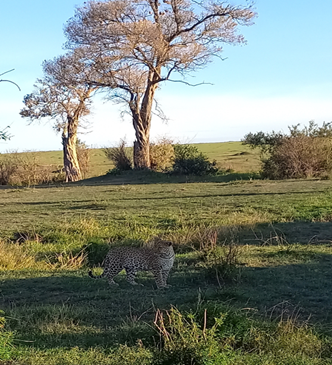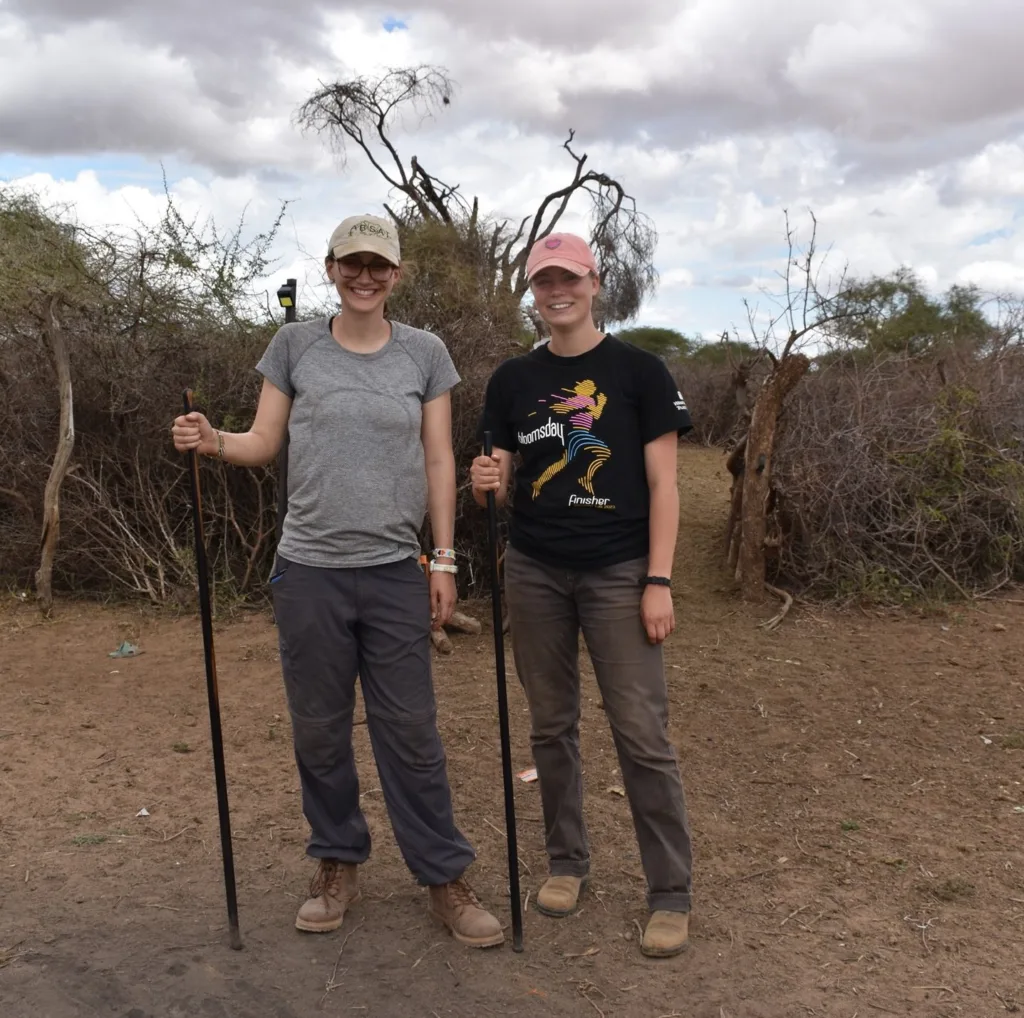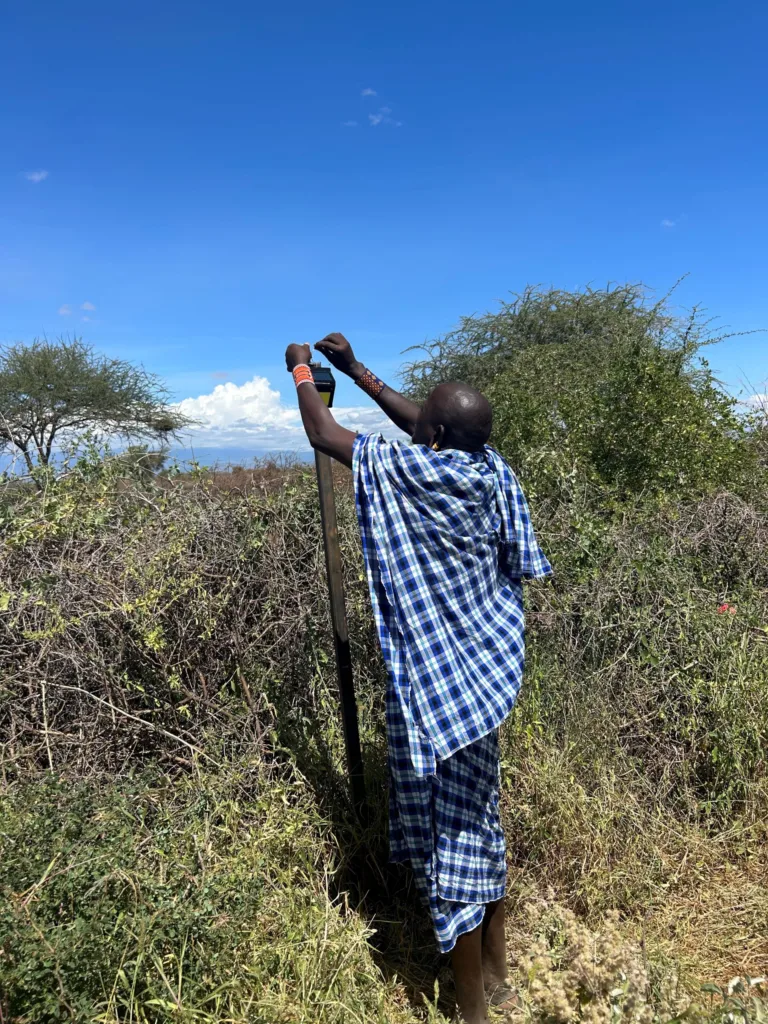Habari Gani!
The SFS Kenya Center has now brought water as a key area of study. We not only focus on wildlife and land, but the dynamics, use, and conservation of water resources as well as lectures on local impacts of climate change and community coping. As SFS Kenya alumni know, Amboseli is an important dry season concentration point for wildlife with its swamps as a water resource; loss of a constant sufficient water source will compromise abundance and diversity of large mammals in Amboseli. We are examining this including the frequency and causes of droughts and what information the local community needs to cope better. With the re-opening of the SFS Kenya Center, we shifted from delivering an environmental policy course to delivering a human dimensions of wildlife course which moves away from dry irrelevant policy issues to more specific human dimension engagements, impacts, and interaction with the local community. Human wildlife conflicts, positive interactions, cost of conservation, benefit systems with wildlife and land and mainstreaming conservation as a livelihood are some of the important issues addressed.
Although we have done many Directed Research (DR) projects over the years with many publications arising from the research work, we now have a new opportunity to re-examine the most critical and priority areas, but also to reach out to new areas and new partners. For example, we previously did not have an opportunity to work with Kimana Sanctuary and emerging private conservancies because they were managed with partners that were not as open. We have now signed an MoU with Big Life Foundation which runs Kimana Sanctuary and so our DR on animal counts, plant community assessments, Large mammal diversity, use of camera traps to identify animals using the places especially at night and use of the swamp by elephants (bull areas) are some of the DR projects we did last spring. We are going to continue with community use of water resources and information on climate change awareness as we move forward. There are new opportunities to work with Olgulululi / Ololorashi which surrounds over 75% of Amboseli and study the impacts of proposed zoning and sub division of that group ranch to viability and animal migration into and from Amboseli National Park.
Our community remains a strong supporter. Upon re-opening the SFS Kenya Center in Spring 2019, we received an excellent welcome back with many noting that they missed our staff and students who provided things such as community service, maintenance of our common road, purchases from local markets and contribution in the local economy. We have now even modified our home stay to be overnight (from this semester). We also have expanded our expedition to include a three-night camping trip in Amboseli National Park (unlike day trips alone in the past) and another similar camping trip in Tsavo West National Park with a day trip to Chyulu Hills National Park. We have a 2-week excursion in Tanzania where we have Kenyan and Tanzanian students swap and visit the other Center for 2 weeks, going on expeditions in important national parks in the other country.
Other improvements and changes have been added to the SFS Kenya Center campus. We have added another big portion of land almost the size of our current camp on the northern part that has increased our camp from 32 acres to 60 acres. We plan to make an outer running route along this expanded space, transfer football and volleyball fields to the new space, grow some indigenous forest and erect an observation platform for students to hang out as well as to be able to see morning sun rise and sun set. With this extra space, our camp will have many places students can hang out or relax, as well as have more space for enclosures where we can do vegetation experiments and monitoring of green biomass accumulation and effects of grazing on both land and plant communities in Amboseli. Our campus is home to some wildlife including dik diks and bush babies. We hope they will soon find it more attractive to leave our main camp area for the new expanded space to minimize night time browsing on our flower beds!
I hope you will find this update interesting and you will continue to follow the news from our Kenya Center!
Related Posts


Alumni Reflections: Stories of the Return to Kenya
